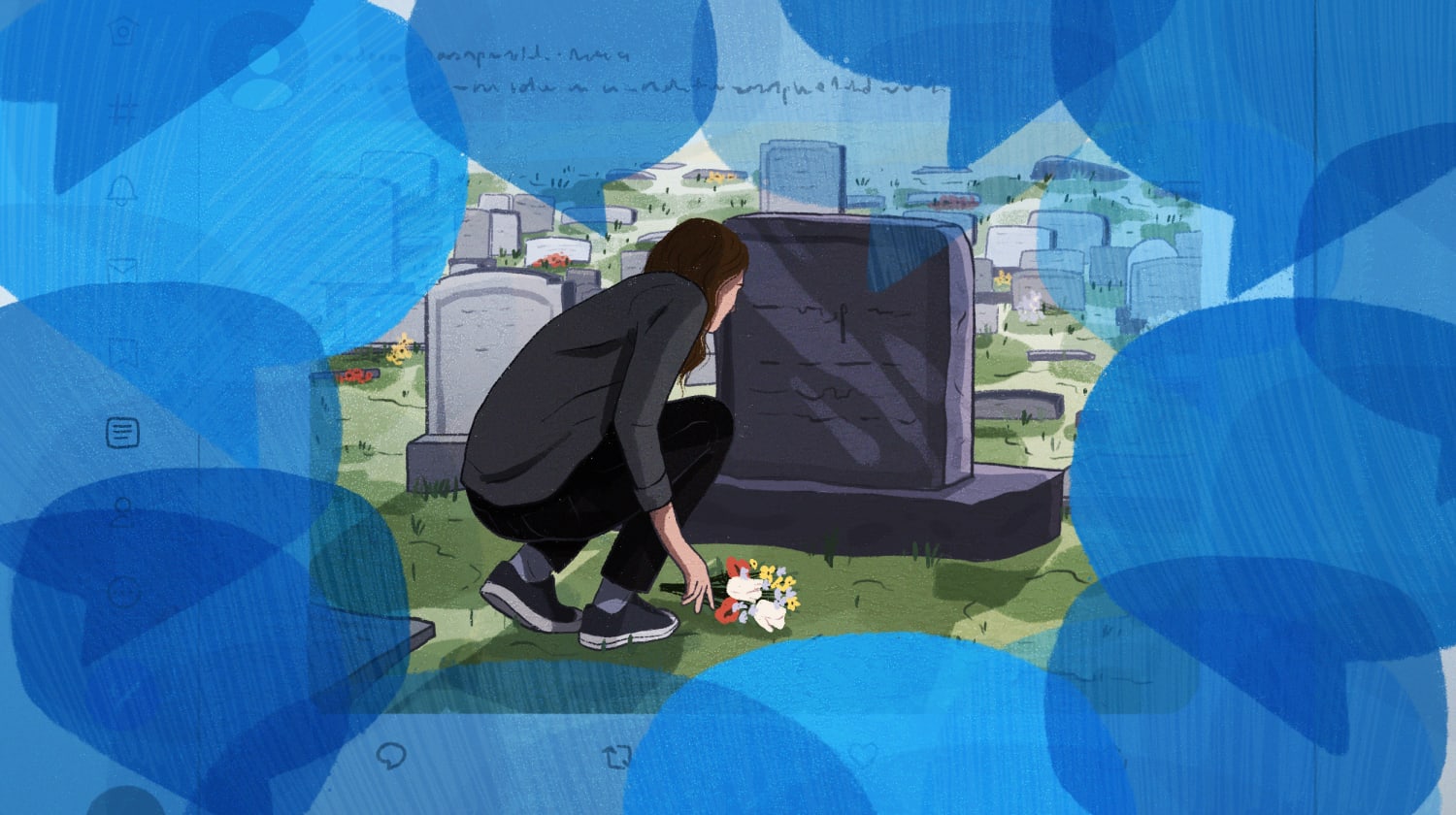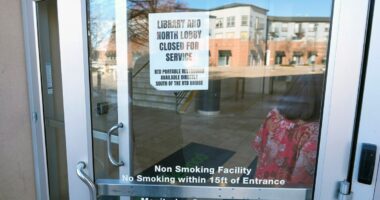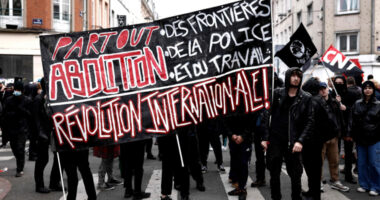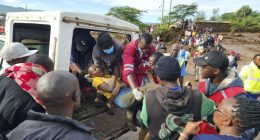When Jennifer Ritz Sullivan’s mother, Earla, died of Covid in December 2020, pandemic protocols meant she couldn’t be in the hospital with Earla as she took her last breath.
She couldn’t hug her sister — or be hugged in return — as the two women grieved virtually on FaceTime.
So Ritz Sullivan, 38, of Goshen, Massachusetts, turned to social media as an outlet for her grief.
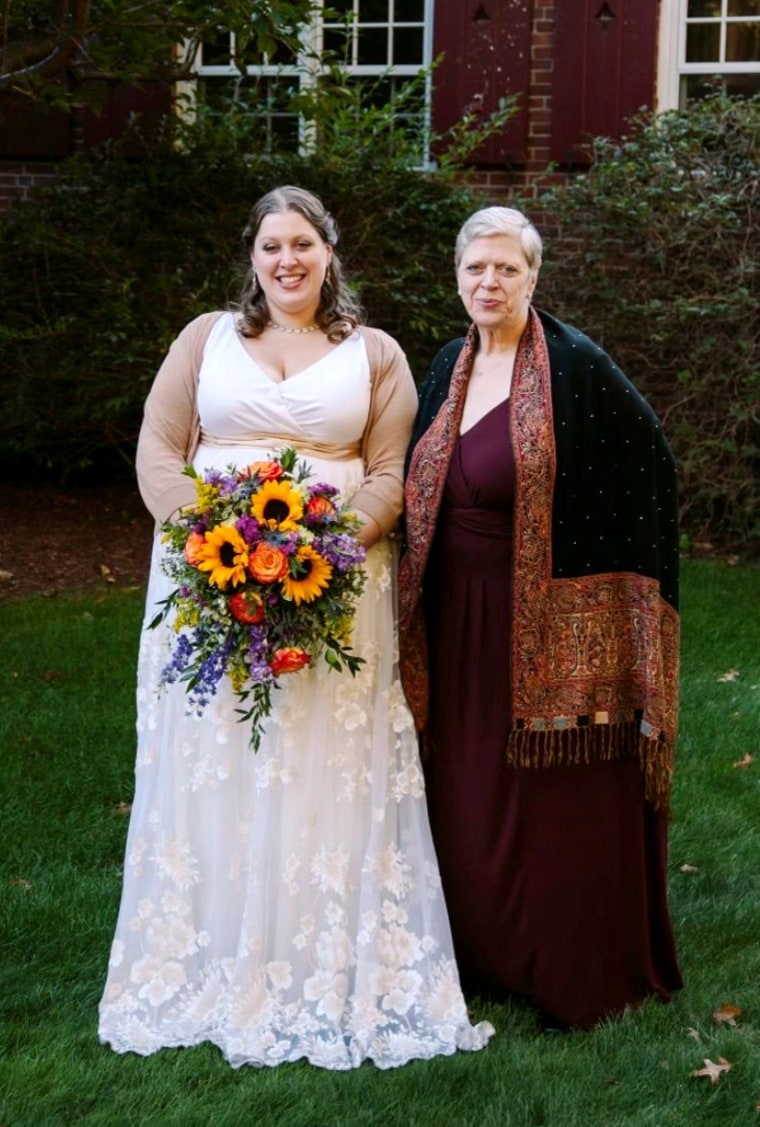
“I got on Twitter specifically to rage about the death of my mom,” she said. “I needed it. It became a room to scream into.”
But she wasn’t screaming into a void. When Ritz Sullivan publicly shared details of her mother’s Covid death, online trolls pounced.
“I was called a ‘f—ing clown,'” Ritz Sullivan said. “I was told my mom was never a real person. I was told that my mom probably had pre-existing conditions, so it ‘didn’t matter’ that she died.”
The experience has been disheartening. “People are just incredibly cruel,” she said.
‘Emotionally devastating’
Ritz Sullivan is far from alone. People who spoke to NBC News said such abuse ranges from online strangers belittling those in mourning to microaggressions from close family and friends who question whether the deceased really died of Covid.
“It doesn’t matter if it’s from a stranger, a peer or a co-worker. It’s emotionally devastating,” said Sue Scheff, an internet safety expert and the author of “Shame Nation: The Global Epidemic of Online Hate.”
Scheff said comments written online can be especially damaging, as nothing online is ever truly erased. “You keep going back and rereading it over and over again. So it keeps echoing in your mind.”
NBC News reviewed screenshots of online posts in which people shared that their loved ones had died of Covid.
A majority of comments on the posts were kind and comforting, expressing heartfelt sympathies. But the rare messages of hate are the ones that stick: “Covid is fake.” “Suck it up.” “You’re just looking for attention.” “Shut the f— up.”
Such vitriol targeting a grieving person was highly unusual before the pandemic, said Ari Eisen, a co-founder of the Covid Grief Network, a group that offers support and grief counseling to young adults who’ve lost loved ones to Covid.
Before the pandemic, Eisen also worked with people who had lost loved ones. At that time, there were “zero” instances of online bullying aimed at people in mourning, she said.
When Covid hit, “it just exploded,” Eisen said. Online support groups in which people felt comfortable sharing their Covid stories were inundated with comments either denying Covid’s existence or spewing hate.
“These groups are really sacred spaces,” she said. “When there are trolls and bullies in there, it’s so awful. It adds a layer of grief that we haven’t seen before.”
Covid in general has been highly polarizing in ways not often seen with other deadly illnesses, such as heart disease or cancer.
“There’s just all these additional emotions that didn’t used to be there,” Eisen said. “You would never in a million years think that when someone close to you died, you would get bullied about it. That just seems ludicrous.”
A stunted grieving process
Since the beginning of the pandemic, more than 1,043,000 people in the U.S. have died of Covid — their untimely deaths affecting millions of others who loved them, cared for them and relied on them and whose lives will never be the same without them.
Covid restrictions often meant people couldn’t gather with friends and families for funerals or to grieve.
“That typical grieving process was stunted,” said Jessica Jacoby, a licensed clinical social worker in the department of psychiatry and behavioral neuroscience at UChicago Medicine. Jacoby led a Covid grief support group early in the pandemic.
“The pandemic encouraged isolation for obvious reasons, but that doesn’t help the grieving process,” Jacoby said. “It probably made things worse.”
Lauren Granchelli, 30, of New York City, was able to hold services for her father, Anthony, after he died of Covid in January.
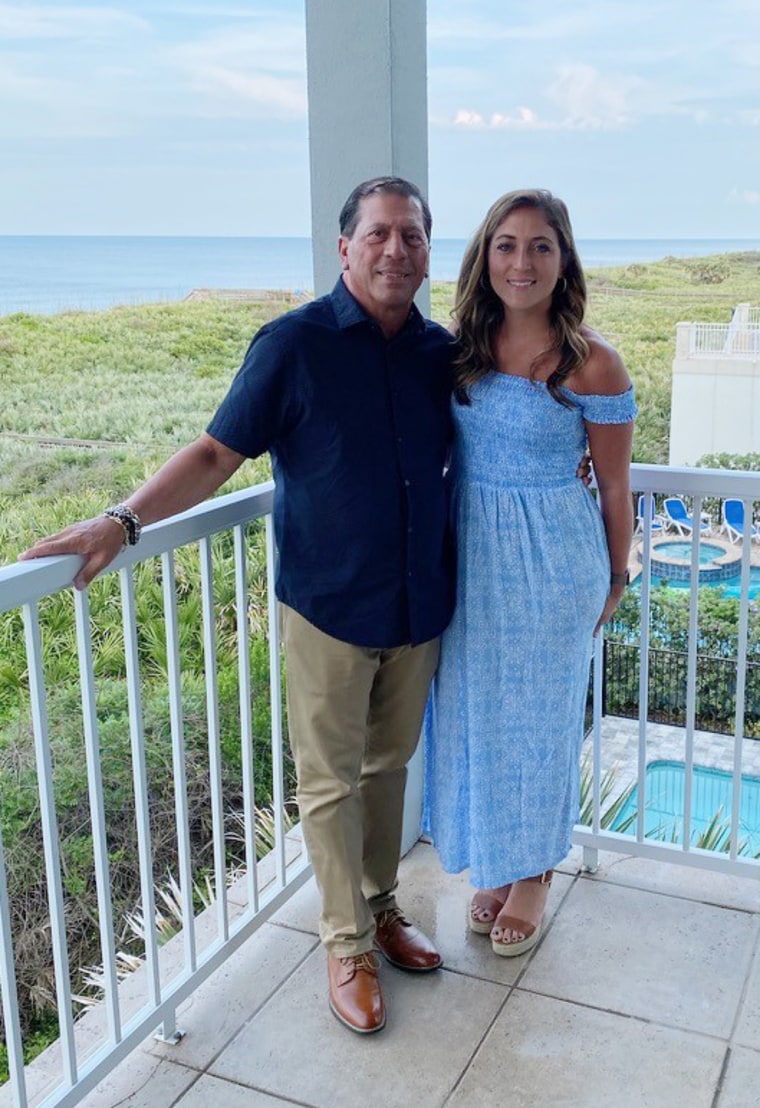
Granchelli initially posted on Facebook and Instagram that her father had died, but she didn’t say the cause of death. Comments on the posts were typically kind: “So sorry for your loss.” “You’re in my thoughts and prayers.”
Once Granchelli shared that her father had died of Covid, the tone changed among some online friends. People began to question whether her father actually had Covid (he did) or whether he had underlying conditions (he didn’t).
“The immediate reaction, even at the wake, was: ‘Well, he probably wasn’t vaccinated, right?'” Granchelli said. (Her father, she said, had two doses of a vaccine and had made an appointment for a booster shot before he fell ill.)
Download the NBC News app for full coverage of the Covid-19 pandemic
“When they hear my father was vaccinated, they’re like: ‘See, it doesn’t matter. You’re still gonna die,'” she said.
Granchelli wants to be able to talk about her father — to celebrate his life but also to draw attention to what cut it short. When people raise doubts about Covid, she said, it stifles her.
Granchelli is “afraid to talk about it or share what happened,” she said. “I feel silenced.”
Those in mourning over a Covid death need unconditional support, said Kristin Urquiza, 41, of San Francisco. She is a co-founder of Marked by Covid, a nonprofit group that helps those who have lost loved ones to the coronavirus or are survivors themselves.
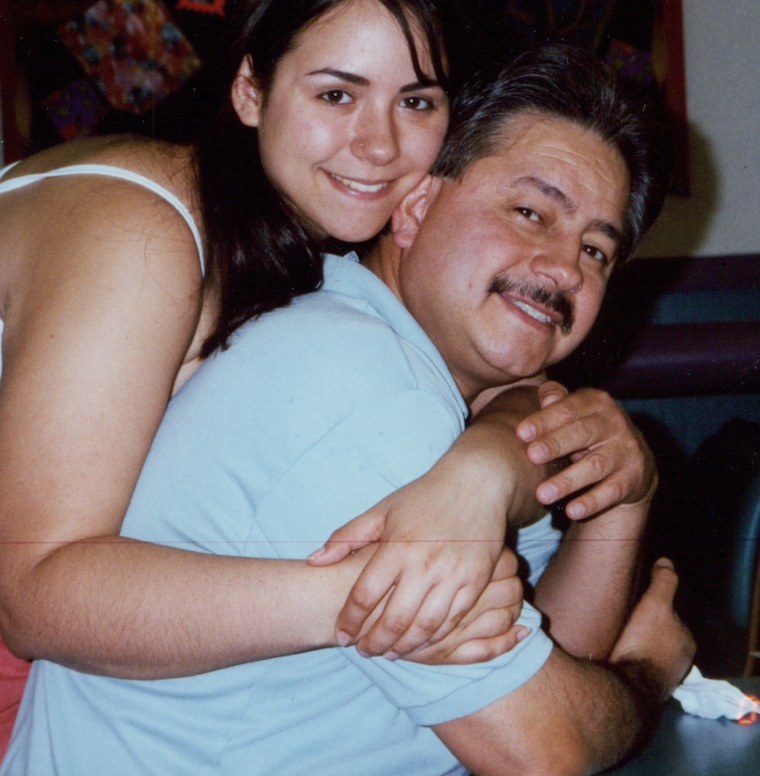
Urquiza posted openly about the loss of her father, Mark, to Covid in June 2020. She, too, experienced a “wave” of people who questioned her about her father’s death.
The feedback was swift and devastating.
“There were no condolences,” she said. “The knee-jerk reaction was not ‘I’m sorry for your loss’ but was ‘he deserved to die because he must have had something wrong with him.'”
The abuse came from both strangers and close friends and family members, Urquiza said. Finding a trusted person to rely on is critical to managing bullying, she said.
“Feeling alone and receiving hate can take somebody to a very dark place,” Urquiza said. “Disengage and block trolls and find someone you can trust.”
Follow NBC HEALTH on Twitter & Facebook.
Source: | This article originally belongs to Nbcnews.com

